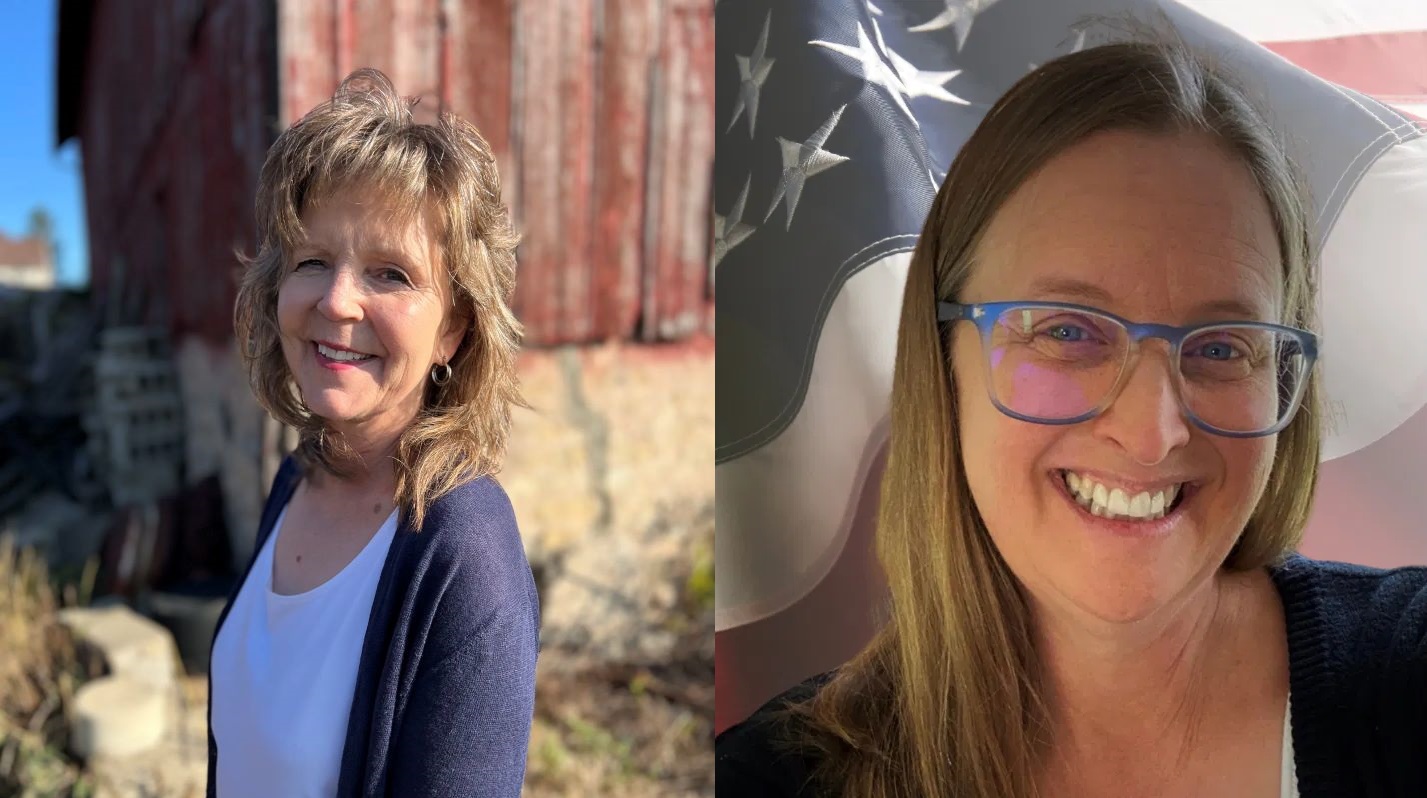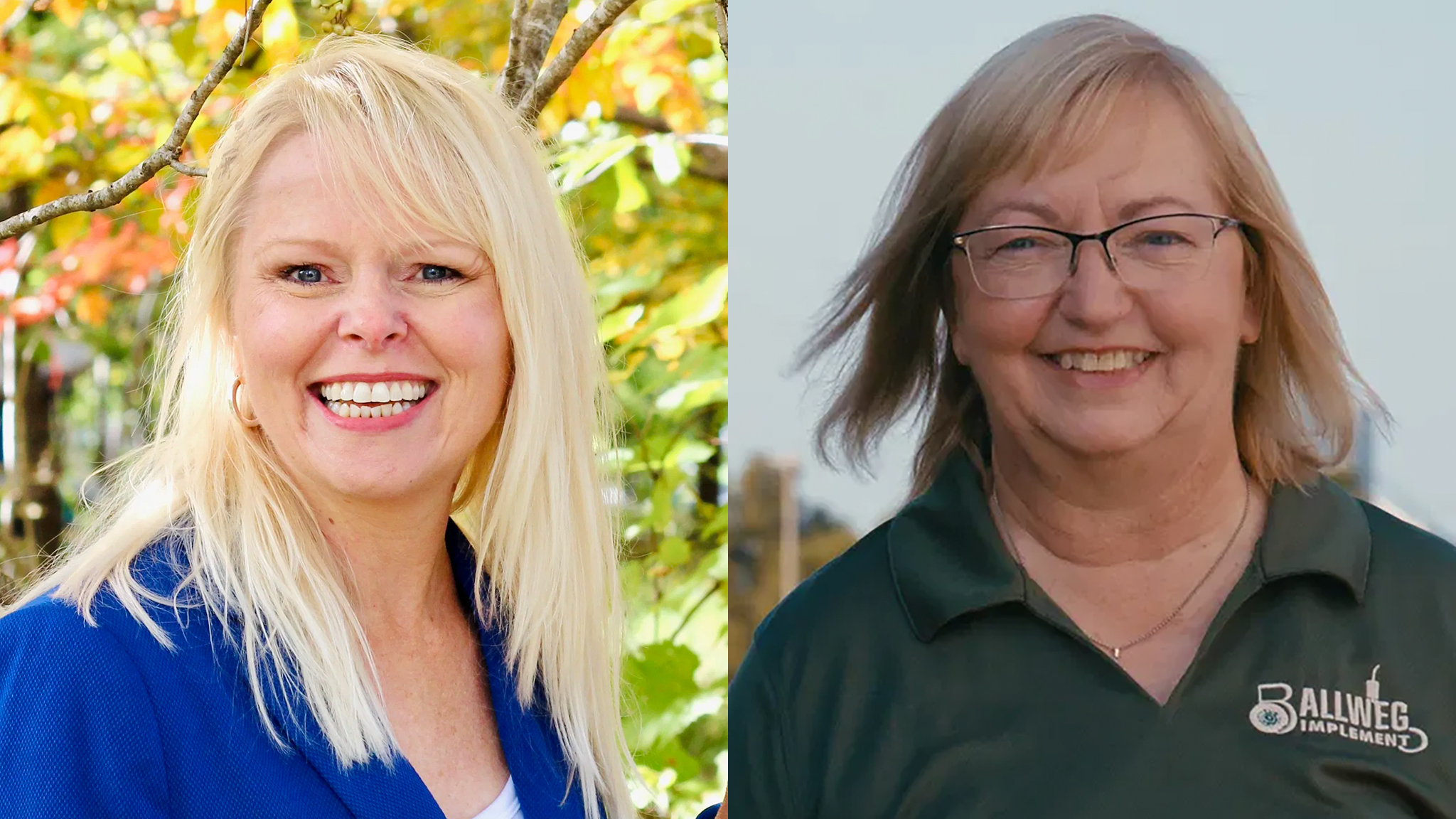Abortion access in Wisconsin has been hotly debated since June 2022, when the US Supreme Court issued its historic decision overturning Roe v. Wade. Immediately after the ruling, all legal abortion providers in Wisconsin stopped providing the service, citing a state law first written in 1849 that has never been repealed.
In September 2023, a Wisconsin judge ruled that the law covers killing the fetus but not consensual abortions. Planned Parenthood of Wisconsin then began offering abortions again.
This election year, Wisconsin Public Radio is asking people what they care about as they head to the polls.
Voters at an event in Madison said abortion and reproductive rights were among their top issues.
WPR asked the candidates for the 42nd Assembly District and 14th Senate District what state abortion policies they would support if elected.
Candidates for the 42nd Assembly differ on the issue of abortion
Democrat Maureen McCarville and Republican Rebecca Witherspoon are competing to represent Wisconsin’s 42nd Assembly District, which stretches from northern Dane County to Columbia County and includes part of the city of Madison.
McCarville said she would like to see the 1849 law overturned and Roe v. Wade, the U.S. Supreme Court decision that provided federal protection for abortion until fetal viability, codified in state law.

“I believe the government should not stand between a woman and her health care provider,” she said.
McCarville, who currently serves on the Dane County Board of Supervisors, said she also supports access to contraception and fertility treatments like IVF.
“I think it’s just a no-brainer,” she said. “It’s a tool that people can have in their toolbox to decide when and if they want to have a family.”
Her opponent, Rebecca Witherspoon, says she would not support any policies that expand access to abortion in the state.
“I have no problem saying I’m going to be pro-life,” she said.
Still, she said she would support providing government funding for crisis pregnancy centers.
“There are a lot of places that will help women,” she said. “Help them get a job if they don’t have one, help them get the products they need to take care of the baby.”
Experts say the services offered by these anti-abortion centers vary widely, and many engage in unethical practices such as providing false information about abortion.
Candidates for the 14th Senate District weigh in
Republican state Sen. Joan Ballueg is running in the recently redrawn district, which includes parts of Richland, Sauk, Columbia and Dane counties. The district is mostly rural, but includes a small part of the city of Madison.
Ballweg says she would not support policies that expand access to abortion, but would like to clarify the current language in the 1849 law to reduce potential confusion.
“Miscarriage and doing a procedure like (dilation and curettage) is not an abortion,” she said. “If there’s an ectopic pregnancy or anything like that to watch out for, it’s the health of the mother. This is not an abortion.
She also supports expanding Badgercare postpartum coverage.

Still, Ballweg said the 14th District covers a wide area, and she doesn’t hear as much about abortion from voters in more rural areas.
“The thing we hear about the most is the cost of living, high inflation,” she said.
For her challenger, abortion is a major issue. Democrat Sarah Casey said she would like to codify Roe v. Wade into state law and would also support legalizing abortions after 20 weeks of pregnancy.
“I want to respect women and trust that they will make the best decision given the information along with guidance from their provider,” she said.
Keyeski said her experience as a mental health counselor has informed her stance on reproductive rights.
“I don’t know … if I’ve ever met anyone who didn’t do this with deep thought, careful consideration and emotional impact,” she said. “And I think those are decisions that should be respected by the individual facing them.”
The case to decide the future of reproductive rights in the state continues. Less than a week after Election Day, the Wisconsin Supreme Court will hear arguments on the so-called 1849 law.
Wisconsin Public Radio, © Copyright 2024, Board of Regents of the University of Wisconsin System and Wisconsin Board of Educational Communications.
